Language
Do you want to learn German or improve your German language skills? Good German language skills are helpful in everyday life, at work and in communicating with people in your local community. Language is one of the central factors for successful integration. Good German language skills are also a prerequisite for possible naturalisation at a later date.
German language course institutions in Upper Valais
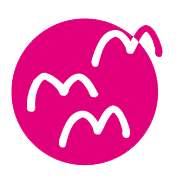
Forum Migration Upper Valais (FMO)
www.forum-migration.ch
The courses are subsidized
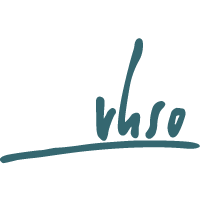
Adult Education Centre Upper Valais (VHSO)
www.vhso.ch
(naturalisation courses also on offer – Link to the course)
The courses are subsidized
Other suppliers
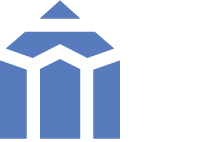
Academia Languages, Visp
www.academia-wallis.ch
(also Valais German courses on offer - Link to the course)
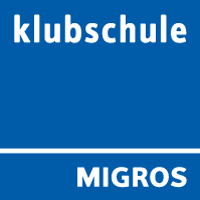
Club School Migros, Brig
www.klubschule.ch
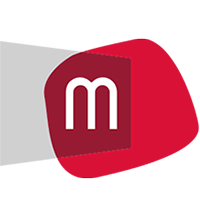
Mediathek Wallis, Brig
www.mediatheque.ch – E-Learning Link to e-learning
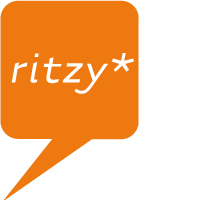
ritzy further education
www.ritzy.ch (for hotel industry, gastronomy and tourism im Wallis)
German courses for women with childcare
Do you will learn to read, write and speak German for everyday and professional use. Your children are cared for in the playgroup according to their age and learn German through play.
MuKi-German in Brig-Glis:Link to MuKi - German
German courses for foreign-language children of pre-school age
Linguistic competence is the key to integration - the earlier you start the better.
With the "Wunderfitz & Redeblitz" project, foreign-language children from the age of 3 until they enter kindergarten have the opportunity to learn German. The offer takes place in the communities of Täsch and Zermatt.
Intercultural interpreting
Mutual understanding across linguistic and/or cultural differences can be a challenge, especially in important conversational situations. Professional intercultural interpreters guarantee a competent and neutral translation.
Services for intercultural interpreting in the Upper Valais are offered by the association "Forum Migration Oberwallis".
fide
What is fide?
A language label developed by the Federal Government with the aim of guaranteeing foreign-language speakers high-quality and efficient opportunities to develop and demonstrate their language skills in our three national languages.
The didactic approach of fide is characterised by principles such as relevance to everyday life, action and need orientation.
Declaration of language levels according to CEFR (Common European Framework of Reference for Languages)
The Common European Framework of Reference for Languages is a comprehensive recommendation for language learners and teachers on language learning, language use and language competence. The following global scale contains simple statements for various levels of competence, which are helpful in assessing one's own language level. The language level is divided into six levels from A1 (beginners) to C2 (experts).
Local language and culture (HSK)
The lessons in Local Language and Culture (HSK) are a supplement to school lessons.
These courses usually take place outside school hours. The HSK lessons promote the first language and provide background knowledge about the region of origin. It strengthens the pupils' language skills and supports them in identity building and integration.
HSK lessons are organised and financed either by the embassies and consulates of the respective countries or by private bodies such as foreigners' organisations.